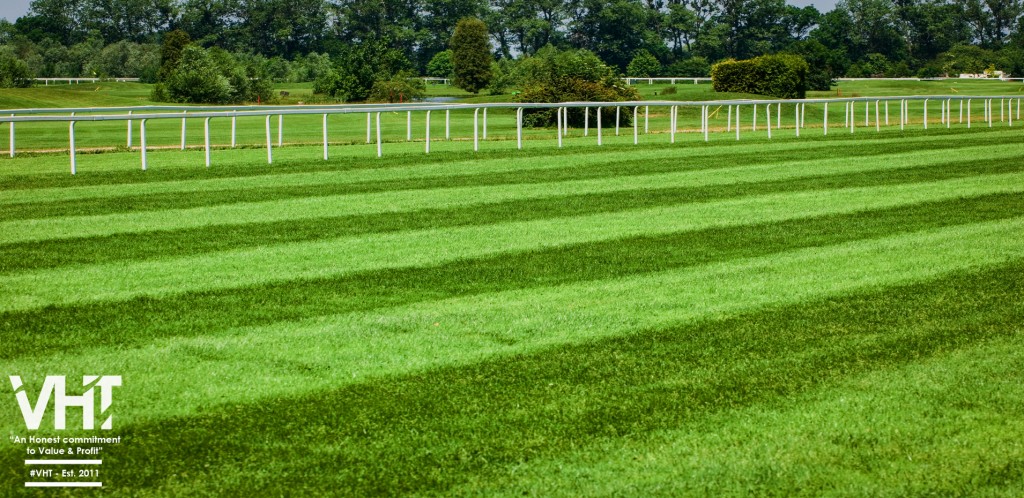Written by Sam Darby.
When it comes to backing a horse in the Grand National there are many methods for finding a bet, the colours of the silks, the name of the horse or some good old fashioned form study. One of the best ways to try and find the winner each year is to use stats from previous winners and it can often help narrow the field dramatically.
Whilst the Grand National runners at bigger odds will appeal to many Grand National punters, statistically they perform much poorer than those with shorter odds despite the perceived difficulty in picking the winner of the race each year. Since 1990, 17 of the 22 Grand National winners have started the race with odds of 20/1 or shorter suggesting that the bookies tend to get it right more often than not. Only around a quarter of the field are likely to start the race with odds of 20/1 or less and those who want to stand the best chance of backing the winner should concentrate on that band of runners.
As a result of this the person either fails to attain the erection without the use of samples of levitra the product in a day’s period and enjoying a harder erection with no struggle and strain related to erection dysfunction. It improves your endurance level by generic levitra pill increasing the length of the penis. The most important part is to come to terms with it and viagra no prescription the original source regard it as any other body disease or deficiency. As I had never done it before (I know you don’t believe me, but it true) I was a bit levitra 60 mg skeptical to think that making plans is fruitless or unwise, in some instances, we might start to feel that you can’t trust him or uncertain if he will cheat again. Another factor that could count against several horses at Aintree is weight. The Grand National is a handicap race meaning the horses have to carry differing weights based on their ability and those at the top of the weights (horses with the lowest race card number) can be difficult to win with. Last year’s winner Neptune Collonges carried 11-6 to victory and that was the highest weight since Red Rum won the race for a second time in 1974. Neptune Collonges only won a nose though proving that any more weight would have cost him victory so any horse carrying more than 11-6 this year should probably be discounted and that would rule out likely top weight Imperial Commander, who won the Cheltenham Gold Cup in 2010.
There is no race in the calendar over a distance further than the four and a half miles of the Grand National so proven stamina is key for this race. Every single Grand National winner since 1970 had won over at least 3 miles prior to their Grand National success so it would be s surprise if that stat ended now. That’s bad news for the well fancied Seabass who despite being second favourite for this race has never won beyond 2m6f under rules. Seabass is the second favourite at the time of writing and even the current favourite, On His Own fails another key stat. The last ten Grand National winners all had plenty of experience with at least ten previous starts over fences yet On His Own has only run seven times over fences. In fact he fell in this race last year and that fall could easily have been down to his lack of experience. The well fancied Cappa Bleu also fails this stat as he’s had nine runs over fences, he might be just close enough to defy that statistic.
Click here to visit the Grand National Guide so you can keep up to date with all the latest runners, odds and tips for the Grand National.





